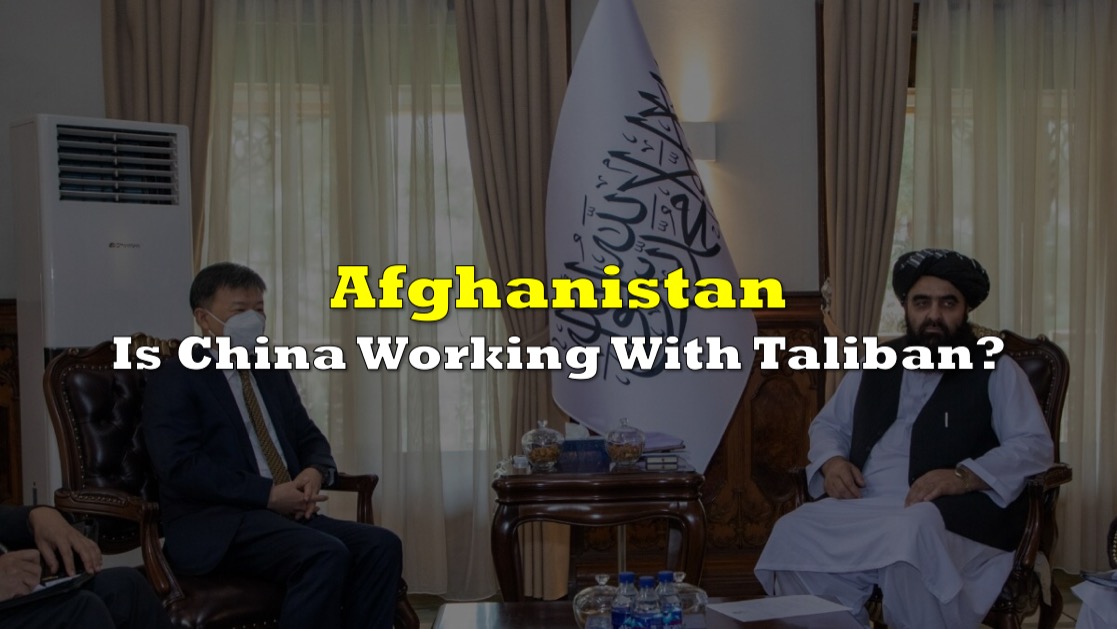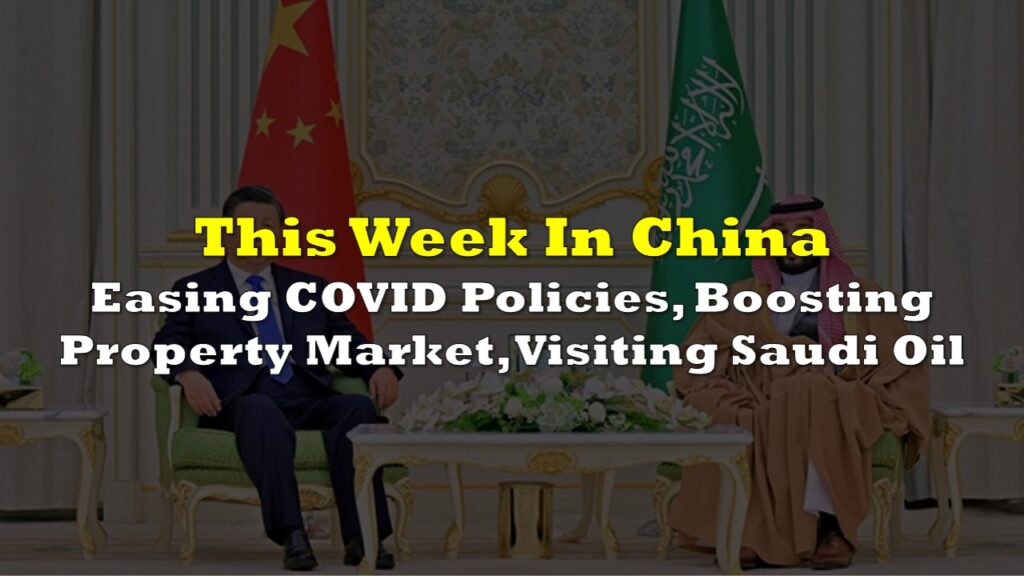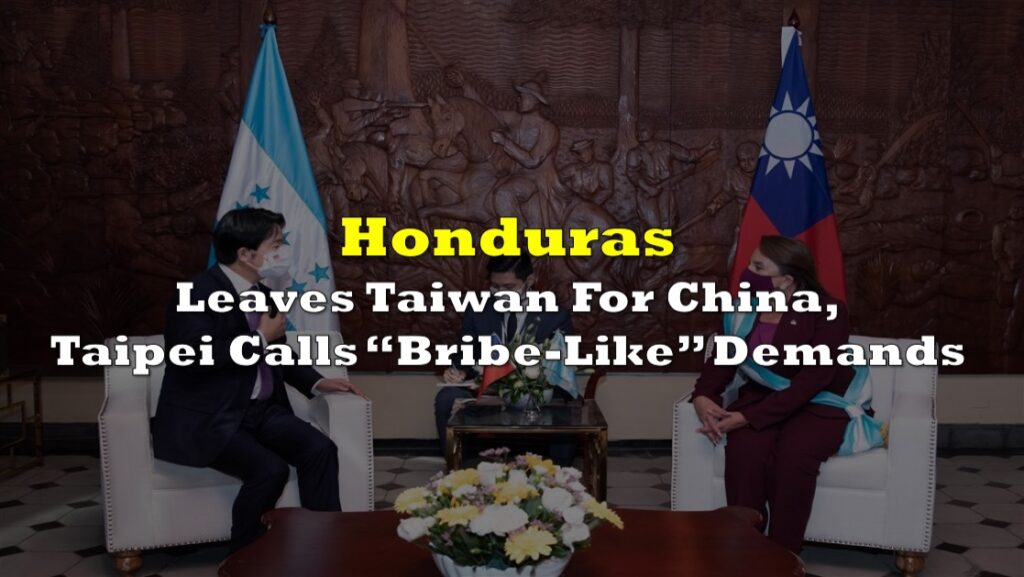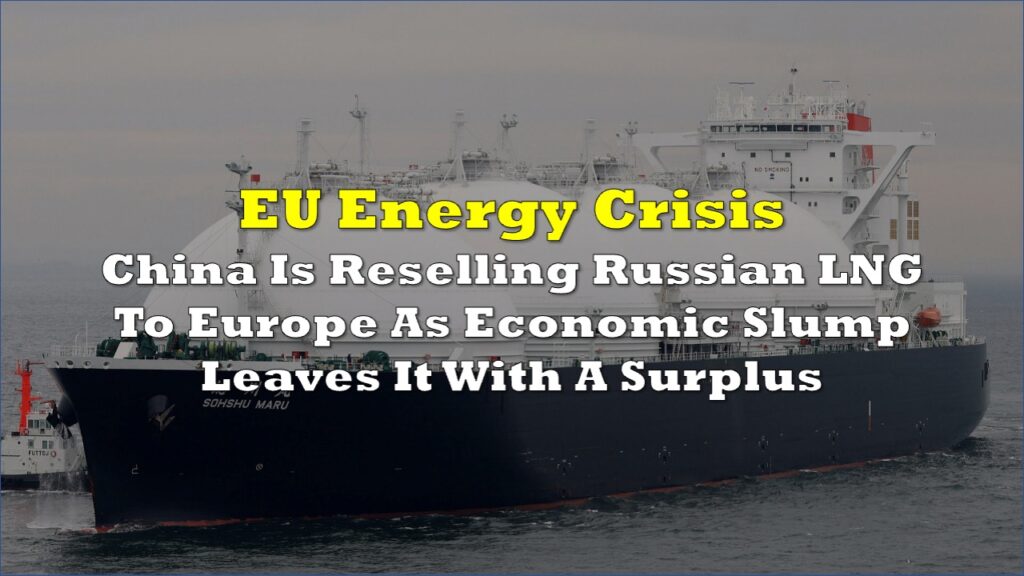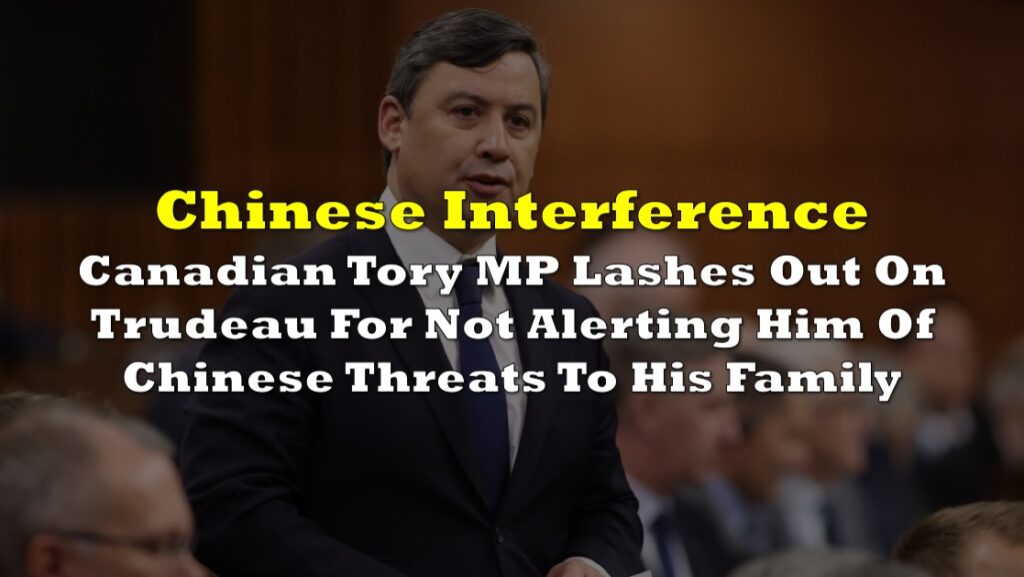Afghan central bank governor Hidayatullah Badri held a clandestine meeting with Chinese envoy Wang Yu, with their discussion centered around the crucial topics of economy, banking relations, business, and more, as revealed by the bank’s spokesperson to Reuters.
Despite lacking formal diplomatic ties with the Taliban government, China has discreetly maintained a presence in Kabul, distinguishing itself as one of the few countries to do so since the Taliban’s recapture of the nation following the disastrous US withdrawal in 2021.
According to Taliban spokesman Zabihullah Mujahid, China is poised to become their primary partner in the ambitious task of rebuilding war-torn Afghanistan after two decades of US occupation. This revelation came during an interview with Italian news outlet La Repubblica.
China’s interest in Afghanistan goes beyond mere diplomatic gestures. It aspires to integrate the nation into its ambitious Belt and Road Initiative (BRI), seeking to foster economic cooperation on a grand scale.
Following August 2021, China’s primary support to the Taliban shifted towards humanitarian aid and the provision of COVID-19 vaccines. Diplomatically, China has made significant efforts to garner international backing and assistance for the reconstruction of Afghanistan. It has called upon the global community to lift sanctions and release frozen Afghan assets.
Collaborating with Pakistan, China has also urged Western powers to engage with the Taliban and provide aid to the country. Recognizing the importance of Beijing’s support for international legitimacy, the Taliban has sought to accommodate Chinese concerns.
However, a UN report suggests that the Taliban has not taken sufficient action to restrict the activities of foreign terrorist fighters in the country, except for a specific group of interest to China, such as the Turkestan Islamic Party (TIP). Despite this, China has continued its economic and political engagement with a Taliban-led Afghanistan, largely maintaining silence on the regime’s detrimental domestic policies.
China has strongly reacted to the humanitarian and economic crisis in Afghanistan, blaming the United States for the deteriorating security situation caused by its “hasty” withdrawal of troops. China holds the view that the US bears responsibility and an obligation to address the critical situation in Afghanistan.
The Chinese government vehemently criticized US President Joe Biden’s executive order to release $7 billion of frozen Afghan assets, allocating the funds to humanitarian aid for Afghanistan and a 9/11 victims’ fund. Wang Wenbin, spokesperson for China’s Foreign Ministry, denounced the US decision by stating that the disposal of assets belonging to the Afghan people without their consent, and retaining them for its own use, is akin to the actions of bandits.
Regrettably, the US sanctions and banking restrictions have gravely impacted Afghanistan’s banking system, severing its ties with the global financial network. Consequently, the country has been plunged into an ongoing economic crisis, with its central bank unable to provide adequate liquidity to banks. The inability to print money, coupled with the freezing of nearly $10 billion in foreign reserves (of which $7 billion lies in the Federal Bank of New York), remains the primary cause of this dire situation.
Recently, China has displayed a keen economic interest in its neighboring country and is actively exploring investment opportunities within the Islamic Emirate of Afghanistan (IEA), particularly in the lucrative mining sector. In fact, the Taliban disclosed in April that a Chinese firm has expressed interest in investing a staggering $10 billion in lithium extraction, a project that promises to generate employment for over 120,000 Afghans.
“Afghans are eagerly anticipating the exploitation of their abundant lithium and other valuable mining deposits for their own prosperity,” affirmed Shahabuddin Delawar, the Taliban’s minister for mining.
Moreover, earlier this year, the Taliban struck an oil extraction deal with Chinese firms Xinjiang Central Asia Petroleum and Gas Co., underscoring the growing economic ties between the two parties.
Information for this briefing was found via The Cradle and Indian Council of World Affairs. The author has no securities or affiliations related to this organization. Not a recommendation to buy or sell. Always do additional research and consult a professional before purchasing a security. The author holds no licenses.

